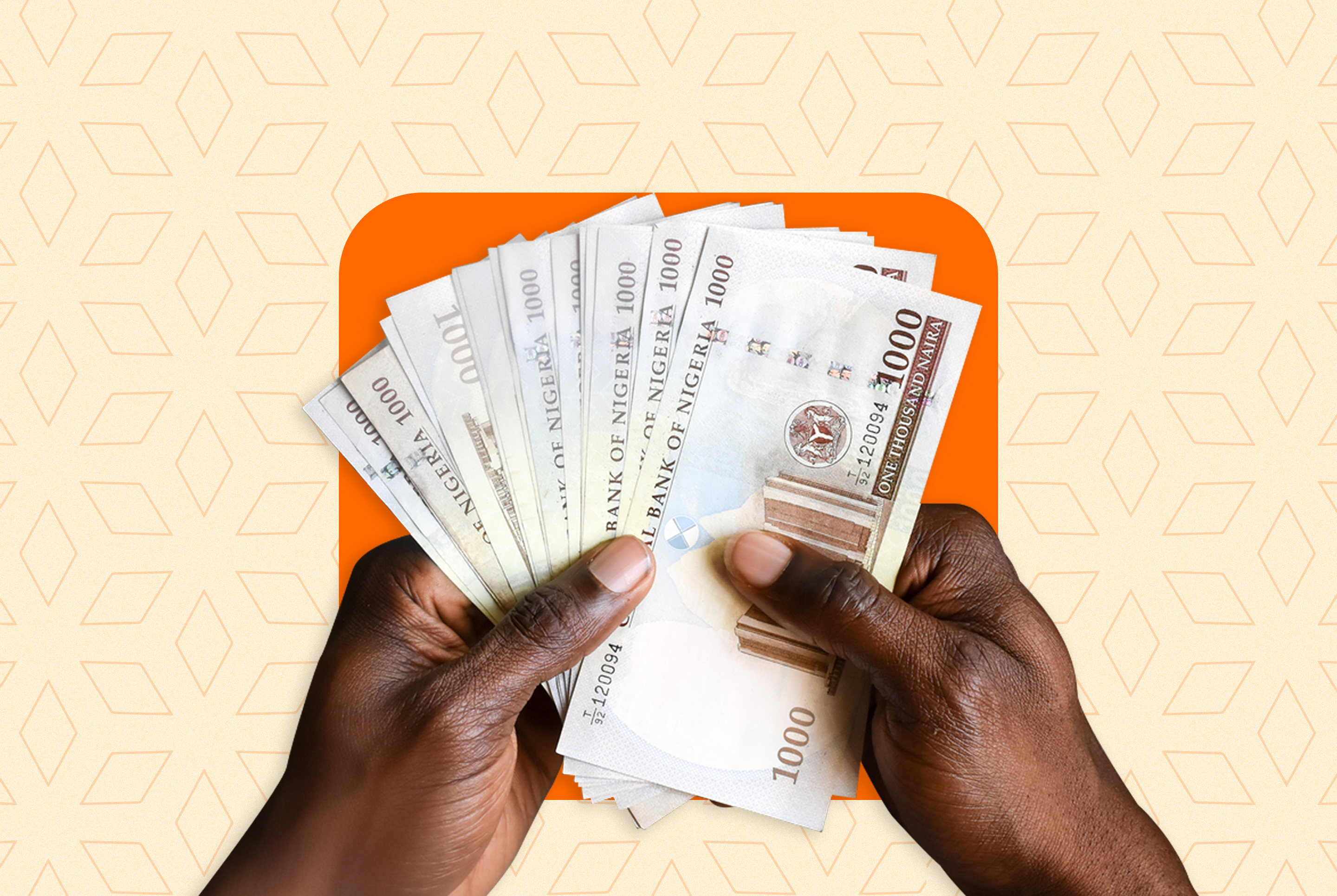
The rise and fall of the Naira in 2022
The value of the dollar can have a significant impact on Nigerian businesses, especially those that conduct international trade or have significant financial obligations in dollars.
When the value of the dollar increases relative to the Nigerian naira, it can make Nigerian exports more expensive and imports cheaper, which can affect the competitiveness of Nigerian businesses in the global market.
Additionally, a strong dollar can make it more expensive for Nigerian businesses to service their dollar-denominated debts, which can impact their profitability and sustainability.
Money is a public good, defined as that class of commodities or services that freely benefits all members of society. Money fulfils three economic functions: a unit of account, a store of value and a vehicle for facilitating transactions. It is also a national symbol — an embodiment of a country’s honour and prestige.
Nigeria's economy is import-dependent and monocultural. Even though oil no longer makes up the majority of our budgetary income, it still contributes more than 90% of our international earnings. Our naira plunges when oil prices fall, creating inflationary pressures across the entire economy.
A number of elements influence how much a country's currency is worth. Let me focus on those that are most relevant to us.
Initially, inflation High inflation has been a recurring issue in our economy for the last 10 years. The headline inflation rate is expected to be around 18% in 2021.
The American economist Murray Rothbard has said that inflation "acts as a massive system of expropriation" in addition to raising prices and destroying the value of the currency unit.
Second, it's important to consider the current account balance, which is the sum of all foreign trade transactions (imports, exports, and debts). The exchange rate is strengthened by a positive account while it is weakened by a negative one. Our current account balance to GDP ratio is anticipated to be -2.70 percent at the end of 2021. Currency depreciation may occur when a nation must use its declining foreign reserves to pay for its imports.
Finally, debt. The enormous N33 trillion ($87 billion) in current debt owed by Nigeria is 35% of its GDP. We anticipate devoting more than 90% of governmental revenue to debt payments this year alone. High debt levels will make the naira even weaker.














